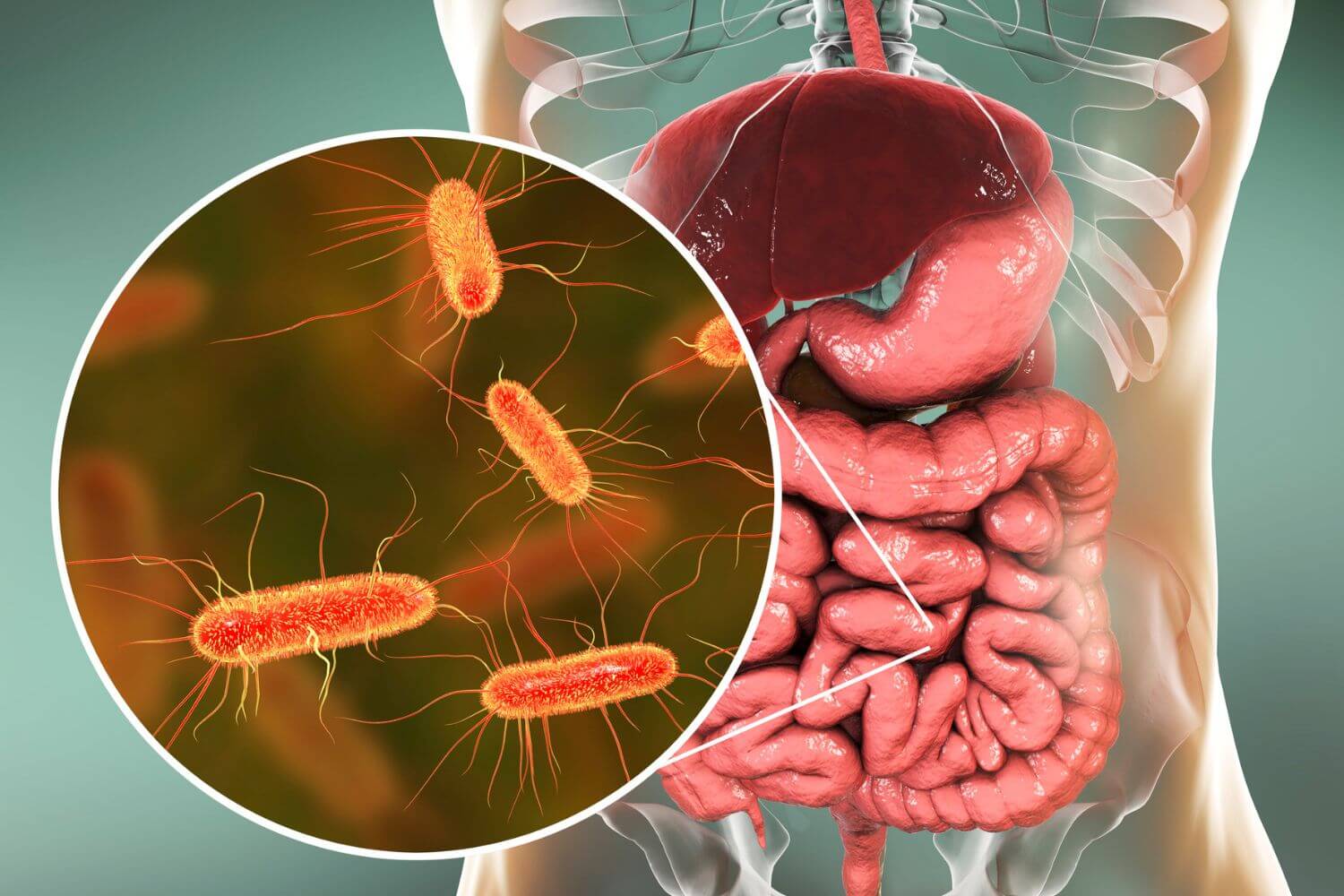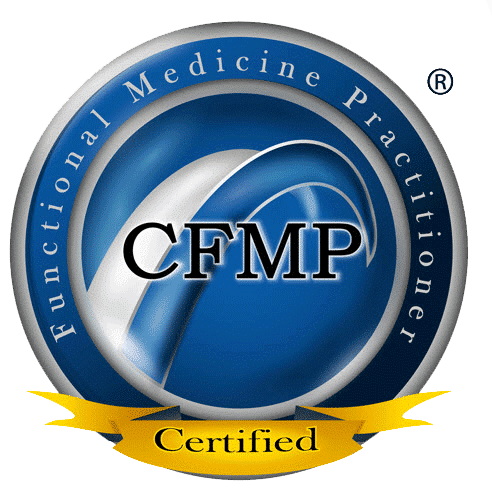This is such an important topic! Every trimester at PCOM, I teach a class about Menopause and Osteoporosis prevention and treatment. When I repeat the statistics on how many will suffer with major bone loss, it always staggers me.
1 in 2 women over age 50 will be diagnosed with Osteoporosis! Is it just me or does that seem pretty scary?
Women are definitely more susceptible to this than men, however 1 in 8 men will also get it!
The risk factors are many: age; small/thin boned; very low fat content; never having had children; family history; stress fracture history; premature menopause (before 40); certain diseases and medications effect the bones (diabetes, Cushing’s, kidney and liver diseases); diet; poor digestive absorption; lack of sun; smoking; as well as inactivity.
There are osteoporosis prevention measures that should be taken, if this runs in your family, or you are at risk.
If you’ve already been diagnosed, there are things that can be done to prevent further damage.
Some preventative measures:
- Exercising several times a week with weights is a good way to strengthen bones.
- Get 15 minutes of sunlight a day, without sunscreen, is best for Vitamin D absorption.
- Get enough sleep and eat regularly to give your body the building blocks to build your bones.
- If you have problems with bloating, gas, and heartburn, please see an acupuncturist and/or nutritionist to help your digestion and assimilation, so you can absorb the nutrients that you need from food.
- Making bone broths, and consuming them regularly, can also be helpful.(I will post one that I love soon.)
The following are things that will pull calcium from your bones, and should be minimized in your diet and lifestyle, (if not avoided): salt, soda, caffeinated beverages, cigarettes, alcohol, stress, sugar, processed foods.
If you’re not certain of your risk, a DEXA scan is the best test to measure your bone mass. It is considered the gold standard for this testing. Most of the time, doctors don’t suggest it until your 50-60 years of age (unless you have a history with fractures, or symptoms indicating this issue.) However, I think it’s a great idea to get a baseline at 40 years of age. Why? You will know how much loss is occurring over a 10-20 year period of time when you’d normally be tested. If it’s moving fast, you’ll know that you need to be very tenacious in your bone care. If it’s slow, you may not have to worry too much.
If you have any questions, or would like to know more about testing and dietary support, feel free to message me for a consultation. skrahn@fertilelifestyle.com









